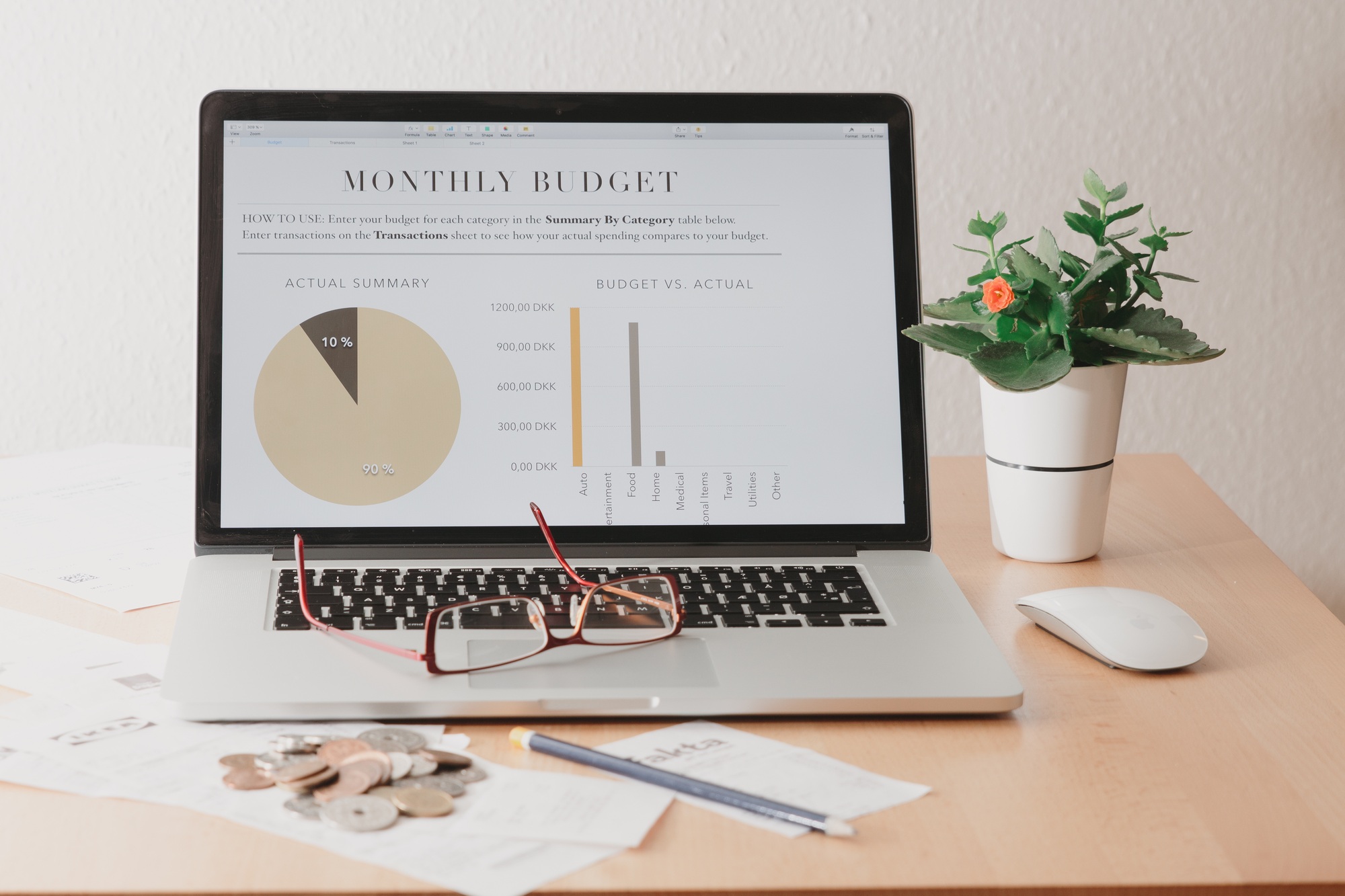Creating a Monthly Budget When Income Fluctuates
In today’s dynamic economic landscape, many individuals and families find themselves grappling with irregular cash flow. Whether due to a freelance profession, seasonal employment, or commission-based earnings, developing a robust budget is essential for financial stability. Creating a monthly budget that accommodates fluctuating income requires strategic planning, disciplined spending, and an understanding of one’s financial priorities.
Understanding Fluctuating Income
Income fluctuations can arise from various sources, including freelance work, part-time jobs, or industry-specific seasonal variations. According to a survey conducted by the Freelancers Union, approximately 35% of the U.S. workforce engages in freelance work, highlighting the growing prevalence of non-traditional income sources. Such variability necessitates a flexible budgeting approach that can adapt to changing financial circumstances.
Setting a Baseline Budget
To create an effective budget, individuals should first determine their average monthly income. This can be achieved by reviewing income from the past 6 to 12 months and calculating a monthly average. For those with highly variable incomes, it may be prudent to consider the lower end of income averages when planning expenditures. This conservative approach can help mitigate the impact of lean months.
Once the average monthly income is established, individuals should outline their essential expenses, which include necessities like rent or mortgage payments, utilities, groceries, and transportation. This foundational budget serves as a benchmark against which subsequent discretionary spending can be measured.
Implementing the 50/30/20 Rule
One popular method for budgeting, especially for those with fluctuating incomes, is the 50/30/20 rule. This guideline suggests allocating 50% of income to needs, 30% to wants, and 20% to savings or debt repayment. Adapting this rule can help individuals maintain a balanced approach to both short-term enjoyment and long-term financial health.
For instance, when monthly income is higher than average, individuals may choose to divert excess funds into savings or investments rather than increasing discretionary spending. Conversely, in leaner months, individuals may need to adjust their spending habits by prioritizing essential expenses and minimizing discretionary purchases.
Creating a Buffer with an Emergency Fund
Building an emergency fund is crucial for anyone with inconsistent income. Financial experts recommend saving at least three to six months’ worth of living expenses to manage unexpected financial downturns or emergencies. Having liquid savings not only provides a safety net but also instills confidence in managing a fluctuating income.
To establish this fund, individuals can identify ways to set aside a portion of income from higher-earning periods. Even small contributions can accumulate significantly over time, creating financial resilience.
Monitoring and Adjusting Your Budget
Monitoring monthly spending and adjusting the budget regularly is vital for maintaining financial health amid fluctuating income. Utilizing financial management apps or spreadsheets can enable individuals to track expenses accurately and visualize their financial situation.
Additionally, setting aside specific times each month to review spending patterns will help individuals identify areas for improvement and adjust their budgets accordingly. Such proactive measures can lead to better financial control and less stress over time.
Expert Opinion
Financial advisor Jane Doe emphasizes the importance of understanding one’s financial psychology when managing fluctuating income. “Individuals should become comfortable with variability and learn to celebrate the high months while planning for the downturns,” she advises. This mindset encourages adaptability and fosters a more holistic approach to personal finances.
Planning for long-term financial goals—such as retirement or major purchases—should also remain a priority, even when income is inconsistent. By focusing on both immediate needs and future aspirations, individuals can create a more stable financial footing.
What’s Next?
As the gig economy continues to grow, more people will face the challenge of managing irregular income. By employing strategic budgeting practices, including setting a baseline, creating an emergency fund, and being proactive in monitoring financial behavior, individuals can thrive despite economic fluctuations.
In conclusion, crafting a budget in the face of income variability is not only possible but essential. With careful planning, disciplined spending, and a focus on both immediate and long-term needs, individuals can navigate financial uncertainty and work towards achieving their financial goals. In an ever-evolving job market, mastering the art of budgeting can pave the way to greater financial security and peace of mind.








